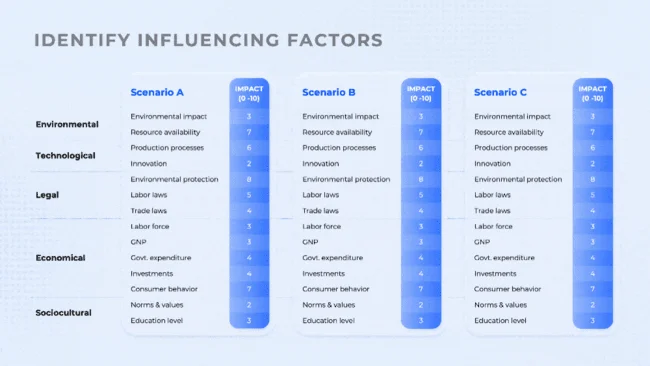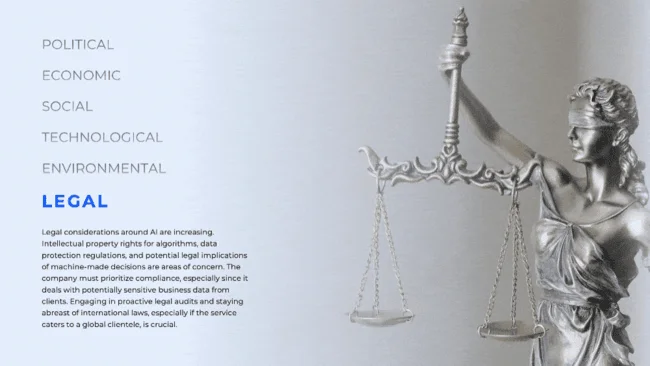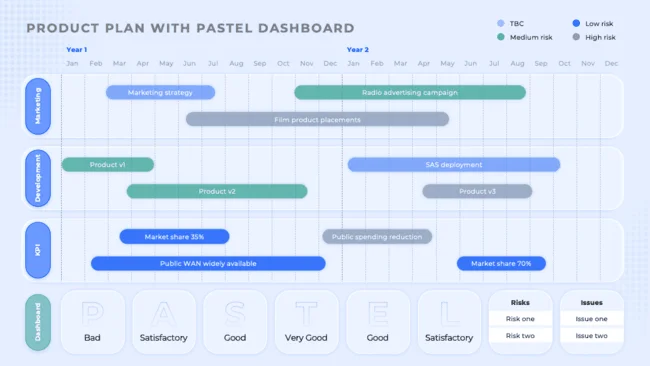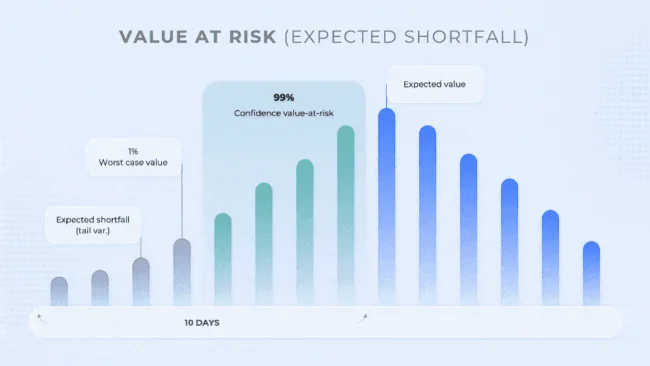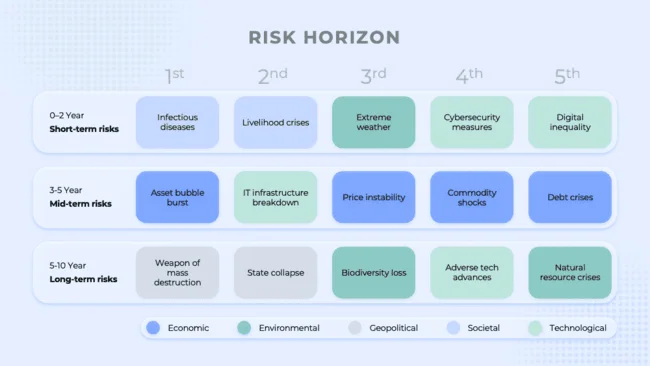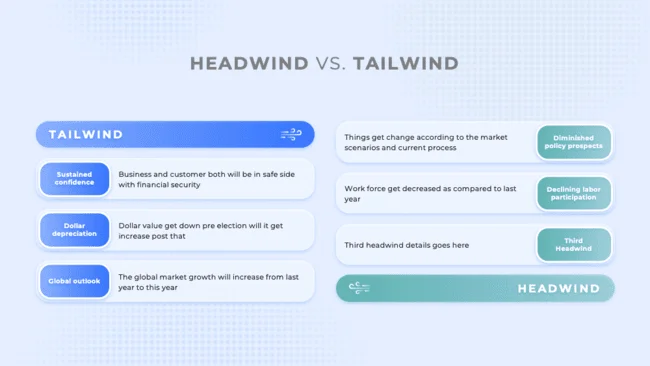
Macro Environment Analysis Presentation Template Download
- Techriv
- June 5, 2024
- Entrepreneurship
- 0 Comments
Introduction:
In an ever-evolving global landscape, change is the only constant. Businesses must remain cognizant of the broader external factors that can affect their operations and strategies. Macro Environment Analysis Presentation is a way to understand these overarching influences. By examining various facets of the larger environment and maneuvering the ins and outs of the zeitgeist, businesses can anticipate potential challenges and harness emerging opportunities.
Follow along as we dive into a variety of factors that impact businesses and their corresponding frameworks for macro environment analysis. We will examine all components of PESTEL (or sometimes also spelled PESTLE), value chain analysis, risk management, and scenario planning. And if any of these terms sound foreign to you, there will also be real-life case studies to make them make sense.
Download this presentation:
Download Powerpoint PPT
Download Google Slides
Download Apple Keynote
Preview
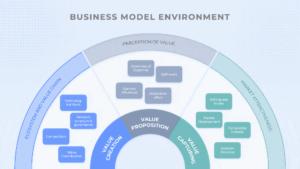
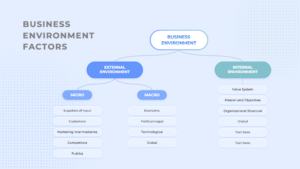
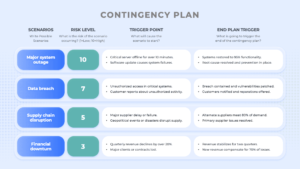
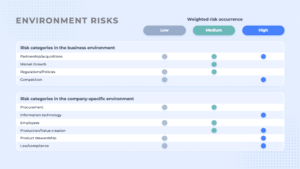
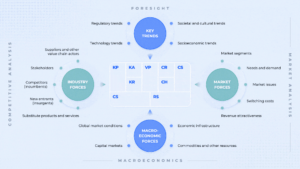
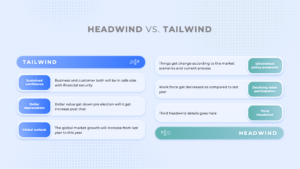

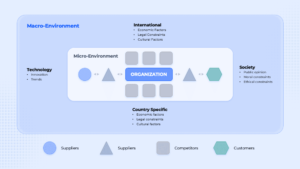
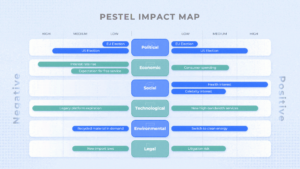

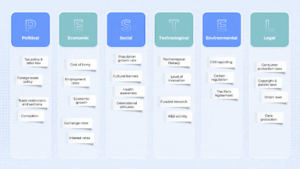
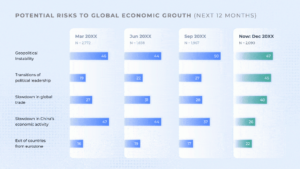

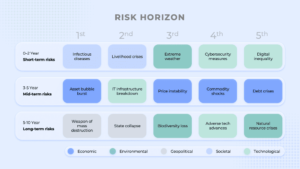
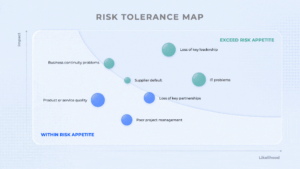
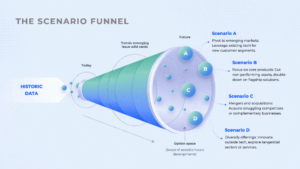
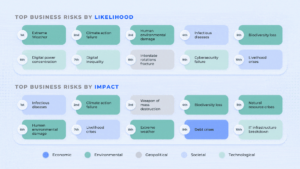
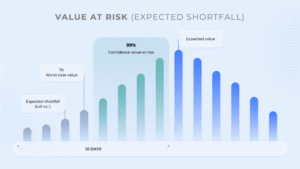
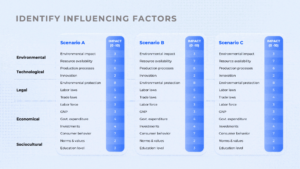
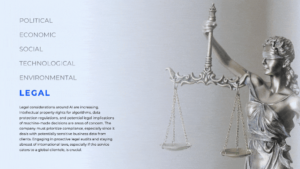
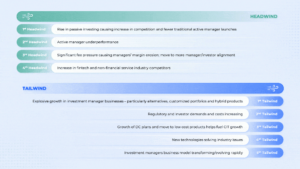
Download this presentation:
Download Powerpoint PPT
Download Google Slides
Download Apple Keynote
The Ups and Downs of Kodak
Kodak, the pioneer of film photography, has experienced significant highs and lows in its business journey. Dominating the film industry for years, the company struggled to adapt to the digital age and eventually filed for bankruptcy in 2012. Post-bankruptcy, Kodak shifted its focus from consumer cameras to commercial printing and imaging. A major resurgence came in 2017, driven by a nostalgia wave among younger millennials and Gen Z for pre-digital technology. This trend boosted sales of Kodak’s reintroduced Ektachrome filmstock, leading to a significant increase in production and hiring.
In July 2020, Kodak’s shares surged due to a government loan for producing Covid-19 drug ingredients, marking another pivot in its strategy. The company even explored avenues like cryptocurrencies. Kodak’s journey highlights how external macro-environmental factors can dramatically influence a business’s direction, showing that every industry must navigate forces beyond its control.
Questions and answers
What are the main differences between PESTEL and SWOT analysis?
PESTEL analysis focuses on external macro-environmental factors that can impact a business, including Political… View full answer
How can small businesses use PESTEL analysis to their advantage?
Small businesses can leverage PESTEL analysis by focusing on key external factors that impact their operations… View full answer
How does the global economic environment affect local businesses?
The global economic environment affects local businesses through various channels. For instance, fluctuations in currency… View full answer
What role does cultural diversity play in the social factors of PESTEL analysis?
Cultural diversity plays a significant role in shaping consumer preferences, behavior, and expectations… View full answer
How can businesses assess the impact of technological advancements on their industry?
Businesses can assess the impact of technological advancements by conducting thorough research on emerging technologies… View full answer
Pestel / Pestle Analysis Template
Micro trend cycles have gotten exponentially shorter in recent years as our attention spans became a fragile thing of the past. For businesses, especially consumer goods businesses, keeping up with micro trends usually entails being in sync with the latest lingo and aesthetics, something that a marketing campaign can tackle. But when it comes to macro trends, the stakes are a lot higher and the influence spreads farther. Macro trends can sometimes force companies to pivot entirely, re-envisioning their business operations and product strategies.
Because trends can be hard to quantify, it helps to have a framework that organizes them into categories. This is where the PESTEL analysis comes in, sometimes also spelled as PESTLE or simply PEST. PESTEL is an acronym that stands for Political, Economic, Social, Technological, Environmental, and Legal. This suggests a structured way to break down and assess the vast spectrum of macro environmental factors. Now, let’s go through each of these components.
P for Political
Political factors encompass the role and influence of governmental entities on a business. These can include aspects like government policies, tax regimes, political stability, and trade restrictions. For instance, a change in government or international sanctions can directly influence a business’s market access or operational costs.
Sanctions on Russia
Since the invasion of Ukraine, the European Union has imposed 11 rounds of stringent sanctions on Russia. Despite leveraging its oil and gas revenues as a buffer, Russia is set to erase 15 years of economic gains by the end of 2023. Manufacturing, which was on an upward trajectory before the invasion, fell by 6% by the end of 2022.
Other sectors like motor vehicle production and retail trade also suffered significant downturns. Key chip manufacturers like Intel and Samsung have halted business with Russia, impacting productions of cars, electronics, and even military equipment. Sanctions on “dual-use” tech affected telecommunications and cloud computing. While the country tried to shift reliance to domestic tech companies, the quality and availability of their products are problematic. The sanctions have further strained Russia’s budding cloud computing market and hampered mobile operators’ expansion plans, potentially causing a shift to outdated technology.
Download this presentation template:
Download Powerpoint PPT
Download Google Slides
Download Apple Keynote
E for Economic
Economic factors relate to the overall economic health of the markets where a business operates. Interest rates, inflation, unemployment levels, and economic growth rates are just a few considerations. A downturn in the economy might mean reduced consumer spending, while robust growth could signify an expanding market.
With that said, some sectors are inherently more recession-proof than others. For example, utilities, essential goods and services, and healthcare. On the other hand, some sectors are more vulnerable to economic changes; when it’s good, it’s a boom, but when it’s bad, it’s a total bust. Real estate is a prime example of that.
S for Social
Social elements refer to the cultural, demographic, and societal dynamics of a market. Changing societal values, shifts in consumer behavior, and population demographics can reshape demand patterns, which typically get reflected by changes in businesses’ value propositions and marketing strategies. The social component is something that companies love to take advantage of these days, especially because it usually doesn’t entail a complete costly overhaul of business operations. Rather, it’s more about how well they can “frame” a story.
Mattel’s Blockbuster Win
This summer’s box office hit, the Barbie movie, took $145 million to make, but $150 million to market. Mattel’s willingness to shell out a generous marketing budget was intended to set the movie up for success so it could pave the way for a Mattel cinematic universe in the future, featuring all of the company’s iconic toys, from Polly Pocket to Hot Wheels. What’s more, a lot of effort went into making sure that the message of the Barbie movie strongly resonates with today’s social and cultural ethos. While many members of the audience embraced and praised the message, critics also pointed out that “the picture ultimately serves a brand.”
Download this presentation template:
Download Powerpoint PPT
Download Google Slides
Download Apple Keynote
T for Technological
New technologies can disrupt or create opportunities, necessitating businesses to innovate or adapt. We recently made a whole separate video about the future of work automation in the age of AI, so feel free to check that out for a comprehensive rundown on what some of today’s biggest tech developments can mean for companies and their workers.
E for Environmental
This is not the same “environmental” in the term “macro environment”. Here, the word refers to the literal environment. With growing awareness of environmental issues, businesses are increasingly held accountable for their ecological footprint. This factor examines sustainability practices, environmental regulations, and the push towards green initiatives. The transition to renewable energy sources in various industries, often supported by government regulations, exemplifies this shift.
Much like the Social component, the Environmental component can also be twisted for business profit. Greenwashing refers to the act of misleading consumers about the environmental practices of a company or the environmental benefits of a product or service.
Fashion’s Greenwashing: H&M and Shein
The practice is especially rampant in fashion retail. For example, a screening in the EU suggests that 39% of sustainability claims in the textile, garment, and shoe sector could be deceptive. A watchdog group recently exposed retailer H&M for publishing misleading data on the environmental impact of its products, with some data inaccuracies up to 30%.
A few months ago, in an attempt to subvert ethical concerns, fast fashion giant Shein organized a brand trip for TikTok influencers that turned out to be a disaster. The public was quick to observe that footage from the brand trip was staged and did not reflect the actual manufacturing process or working conditions at all. Consumers are more discerning about the validity of sustainability claims nowadays, so for companies to truly have a winning edge in that arena, real, tangible work is the only way to go.
L for Legal
Legal considerations entail understanding the regulatory framework governing business operations. From employment laws to data protection regulations, staying compliant is crucial to avoid penalties and maintain a company’s reputation. Unfortunately for most consumers, regulatory frameworks often come only after there have already been noticeable consequences.
Download this Macro Environment Analysis template:
Download Powerpoint PPT
Download Google Slides
Download Apple Keynote
Value at Risk PPT
Value at Risk (VaR) is a financial metric that estimates the potential loss in value of an asset, portfolio, or investment over a specified time period, given normal market conditions, and at a certain confidence level. Essentially, VaR answers the question: “What is the maximum expected loss with a given probability over a certain time horizon?” For example, a 1-day VaR at a 95% confidence level of $1 million suggests that there is a 95% chance that the portfolio will not lose more than $1 million in a single day. VaR is widely used in risk management and financial analysis to quantify and manage the risk of adverse price movements.
Risk Management
In the context of macro environment analysis, risk analysis delves into the possible negative ramifications of external factors such as political instability, economic downturns, cultural shifts, or technological disruptions. After all, changes are exciting but can also be devastating if you don’t play your cards right.
By assessing the likelihood and potential impact of these risks, companies can develop mitigation strategies. This proactive approach means that instead of being blindsided by external macro changes, businesses can foresee challenges and prepare accordingly, ensuring continuity and sustainability.
Headwinds and Tailwinds PPT
Headwinds and tailwinds are terms used to describe factors that hinder or help the progress of businesses, economies, or investments. Headwinds refer to challenges or obstacles that impede growth or performance, such as economic downturns, regulatory changes, or competitive pressures. These forces can slow down momentum and create difficulties in achieving goals. Conversely, tailwinds are favorable conditions or forces that propel growth and success, like technological advancements, positive market trends, or supportive government policies. Tailwinds enhance performance and make it easier to achieve objectives. Both headwinds and tailwinds are crucial in strategic planning and analysis, as they help identify potential risks and opportunities.
Conclusion
Macro Environment Analysis Presentation serves as a compass for businesses to navigate the vast external landscape. In fact, even on an individual level, we also experience the benefits or repercussions of changes in the world around us. Whether it’s recognizing the potential ramifications of political decisions with PESTEL or anticipating market shifts through trends analysis, a good understanding of these macro factors can at the very least help us be prepared, even when certain events are always outside of any person or business’s control.
Plus, with tools like value chain analysis, risk analysis, and scenario planning, businesses can not only mitigate challenges but also seize emergent opportunities. In an unpredictable global economy, staying attuned to these macro influences is the key to uninterrupted growth.
Questions and answers
What are the common pitfalls when conducting a macro environment analysis?
Common pitfalls in macro environment analysis include failing to consider all relevant factors, which can lead to… View full answer
How can companies effectively prepare for unforeseen changes in the macro environment?
Companies can prepare for unforeseen changes by implementing robust risk management strategies… View full answer
What are some examples of successful adaptations to macro-environmental changes?
Successful adaptations to macro-environmental changes include businesses that have pivoted to new business models… View full answer
How do changes in environmental regulations impact global supply chains?
Changes in environmental regulations can significantly impact global supply chains by introducing new compliance… View full answer
What tools or software are available for conducting macro environment analysis?
Several tools and software are available for macro environment analysis, including market research platforms… View full answer
Download Macro Environment Analysis Presentation:
Download Powerpoint PPT
Download Google Slides
Download Apple Keynote
